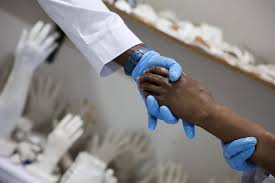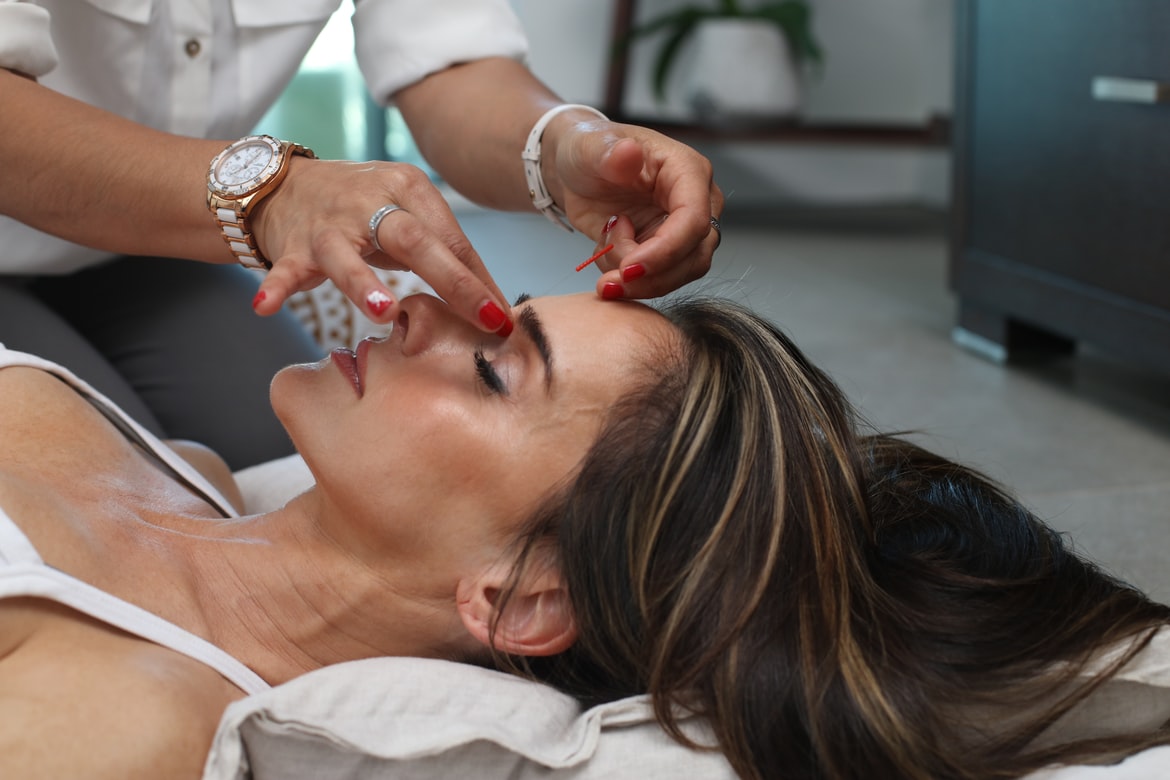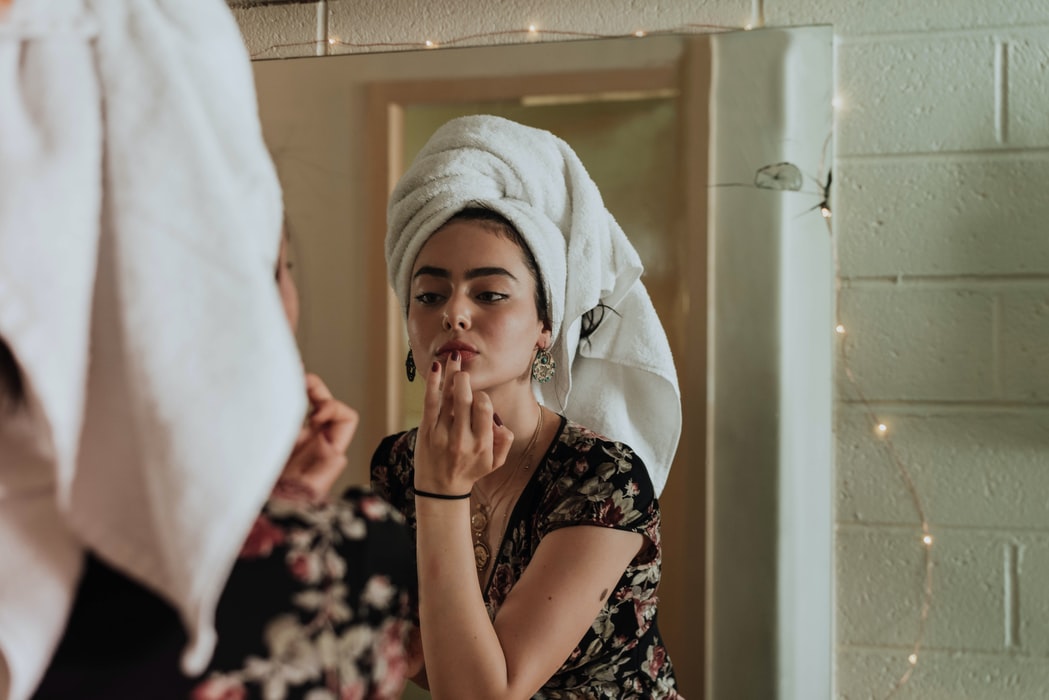Nigerian Firm Develops Bionic Arms for Amputees.

Lagos, Nigeria – In a groundbreaking innovation, a Nigerian prosthetics company, Immortal Cosmetic Art, has unveiled the Ubokobong Bionic Arm – an affordable, lifelike, and functional prosthetic designed specifically for amputees in Africa. The device, which responds to muscle signals, not only restores mobility but also matches the skin tones of Black patients, filling a critical gap in the global prosthetics market.
A First-of-its-Kind Innovation in Nigeria
Nigeria has long faced challenges in providing affordable prosthetics to thousands of amputees, many of whom are victims of road accidents, diabetes, conflict-related injuries, or congenital disabilities. Imported bionic arms are often prohibitively expensive, with costs ranging from $15,000 to $70,000, making them out of reach for most patients.
The Ubokobong Bionic Arm aims to change that narrative by offering a cost-effective, locally made solution that combines cutting-edge technology with cultural sensitivity.
“We wanted to create a prosthetic that was functional, affordable, and most importantly, inclusive. Too often, prosthetics available on the market don’t reflect African realities—whether in pricing or in aesthetics,” said Ugochukwu Ani, CEO of Immortal Cosmetic Art.
How the Ubokobong Bionic Arm Works
The bionic arm uses myoelectric technology, meaning it responds to tiny electrical signals from the user’s muscles. When the wearer thinks about moving their arm or hand, sensors detect these signals and trigger corresponding movements in the prosthetic.
Key features include:
-
Myoelectric sensors that allow intuitive, natural movements.
-
Skin-tone matching for African users, addressing the lack of diversity in prosthetics design.
-
Lightweight and durable materials to ensure comfort in hot climates.
-
Rechargeable battery with long-lasting power for daily use.
By combining technology and accessibility, the Ubokobong Bionic Arm restores not just physical ability, but also dignity and confidence for amputees.
Affordable and Accessible
One of the most significant aspects of this innovation is its affordability. While global prosthetic arms cost tens of thousands of dollars, the Nigerian-made bionic arm is expected to retail at a fraction of that cost, making it accessible to a wider population.
Early reports suggest that the price will range between $1,500 and $3,000, depending on customization. This represents a dramatic reduction in cost, potentially opening the market to thousands of patients across Nigeria and Africa.
“This is a breakthrough for amputees who have lived with limited mobility for years simply because they couldn’t afford imported solutions,” said Dr. Ifeanyi Okonkwo, an orthopedic surgeon at the National Orthopaedic Hospital, Igbobi.
International Recognition and Early Orders
Even before its official launch, the Ubokobong Bionic Arm has attracted international attention. According to Immortal Cosmetic Art, they have already received orders from across Africa and overseas, signaling strong demand for the innovation.
The company has also been invited to showcase the prosthetic at medical technology conferences in Europe and North America, raising Nigeria’s profile in the global health-tech space.
Transforming Lives of Amputees
Nigeria is estimated to have over 2 million amputees, many of whom lack access to functional prosthetics. Beyond physical limitations, amputees often face social stigma, unemployment, and psychological trauma.
The Ubokobong Bionic Arm could significantly change this narrative by:
-
Restoring independence in daily activities like eating, writing, and driving.
-
Improving employment opportunities for amputees.
-
Boosting self-esteem and social reintegration.
-
Reducing reliance on imported, unaffordable prosthetics.
Challenges Ahead
Despite the excitement, experts warn of challenges in scaling production, distribution, and affordability. Training healthcare providers in fitting and maintaining bionic arms will also be crucial.
Additionally, Nigeria must strengthen health insurance systems to ensure that prosthetics like the Ubokobong Bionic Arm are covered under health plans, reducing financial burden on patients.
A Leap Forward for African Health Innovation
The launch of the Ubokobong Bionic Arm places Nigeria at the forefront of medical device innovation in Africa. It demonstrates how local solutions can solve global challenges, especially in making health technologies inclusive and affordable.
Health analysts say this breakthrough could inspire more African startups to innovate in biomedical engineering, digital health, and medical devices.
“This innovation is proof that Africa doesn’t just consume technology—it can create life-changing solutions that resonate with global needs,” said Dr. Amina Yusuf, a Lagos-based health-tech analyst.
Conclusion
The development of the Ubokobong Bionic Arm marks a historic moment for Nigeria’s healthcare sector and for amputees across Africa. By offering a functional, affordable, and culturally inclusive prosthetic, Immortal Cosmetic Art is giving amputees a chance to reclaim their independence and dignity.
If successfully scaled, this innovation could position Nigeria as a leader in health technology and inspire more homegrown solutions for Africa’s unique healthcare challenges.



